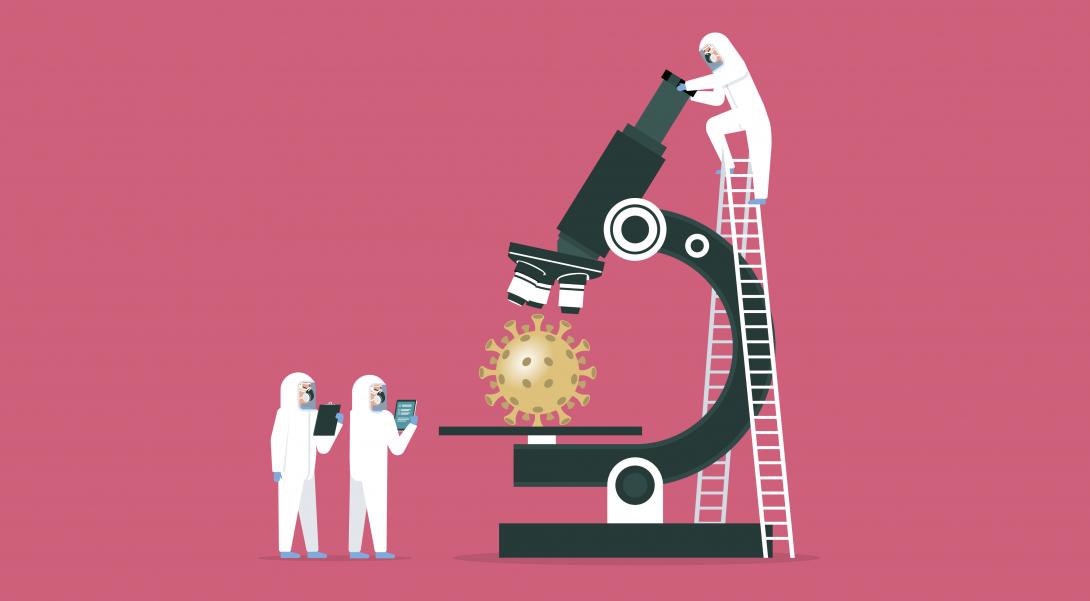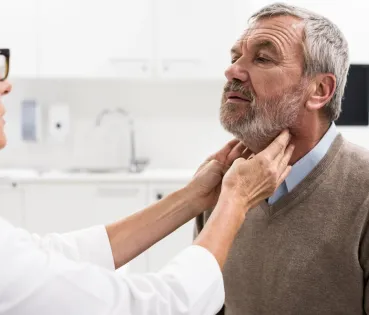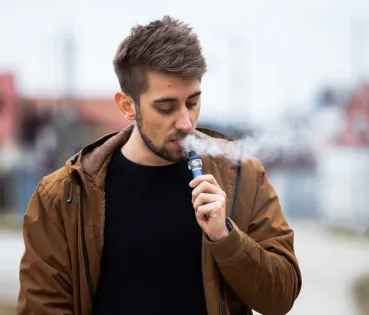
The Covid-19 vaccine: questions and answers
The phases of a vaccine
Developing a vaccine is a long process that can last between 10 and 15 years, and only a few meet the requirements to be approved by international authorities. In the case of the European Union, vaccines and other drugs are controlled by the European Medicines Agency.
The first step involves knowing how the virus works. In the case of SARS-CoV-2, this phase was made easier due to the research carried out during the SARS epidemic. The next stage is the pre-clinical development, when the candidate vaccine is tested in laboratories and in animals and scientists carry out rigorous trials to guarantee that it is safe and that it can produce an immune response. The third step entails clinical trials, which is when the vaccine is tested in humans for the first time.
The trials have three phases. In the first phase, the vaccine is tested on between 20 and 100 volunteers; then on hundreds and finally in the third phase, it is tested on thousands. At this point, the production of the vaccine is speeded up..
The first in history, the smallpox vaccine
An English country doctor, Edward Jenner, was the first creator of a vaccine in the 18th century. At that time, human smallpox was injected into healthy people to try to immunise them. Jenner and other doctors realised that the peasants who milked cows did not develop the disease because, they were supposedly immune thanks to a similar virus, that of cowpox, which is much more benign than the human version. Jenner carried out the first extensive study on the subject and after experimenting with animals, he discovered that if an extract from a cowpox sore was taken and injected into a human being, the latter became protected against human smallpox. He chose James Phipps, the eight-year old son of his gardener to be his first patient.
How much is COVID- 19 costing the world economy?
The World Health Organisation (WHO) needs 31,000 million dollars (26,561 million euros) for trials and vaccines against the coronavirus. A very high figure that pales when faced with what the pandemic is costing the world economy. According to the International Monetary Fund, every month around 375,000 million dollars (321,292 million euros) are lost. The WHO published the financial plans for the Access to COVID-19 Tools (ACT) Accelerator, according to which 500 million trials are needed for the countries with average and low incomes up to mid-2021; 245 million treatments and 2,000 million doses of vaccines.
What is the COVAX Mechanism?
The COVAX Mechanism brings together 172 countries, including 80 developed countries and 92 with low and medium incomes. It is a mechanism that will allow nations to purchase vaccines at reduced prices, pooling their purchasing power. Additionally, according to the World Health Organisation (WHO), all the countries “will share the risks associated with vaccine development” through the creation of a global fund. Its aim is to distribute 2,000 million doses by the end of 2021.
The European Commission has already confirmed its interest in taking part in the Covax Mechanism and has committed 16,000 million euros in the fight against the coronavirus worldwide.
The 172 nations taking part in the COVAX have accepted to share the possible success of one or several vaccines with other countries with lower economic possibilities or weaker health systems. In this way, 70% of the world population would have access to the vaccine. Seth Berkley, executive director of the GAVI foundation, the Alliance for Vaccines, who co-directs the initiative with the Coalition for Epidemic Preparedness Innovations and the WHO, affirmed to the BBC that “for most countries, whether they can pay for their own doses or whether they need help, it means receiving a guaranteed part of the doses and it avoids getting left at the end of the queue.” “Through COVAC, we aspire to be able to vaccinate the most vulnerable 20% of each participating country, without the income level mattering,” Richard Hatchett, executive director of CEPI affirmed. COVAX has the largest portfolio of vaccines against Covid-19 in the world, with nine candidates and another nine that are under evaluation.
Spain: from tuberculosis to a trial for Covid-19
Doctor Pere Joan Cardona, from the Microbiology Service of the Hospital Germans Trias i Pujol, has developed the RUTI vaccine, manufactured by the pharmaceutical company, Archivel Farma. It is the first Spanish vaccine against Covid-19 that has received authorisation to carry out a clinical trial and this will be performed in Argentina. It is not a new vaccine. Initially, it was created against tuberculosis, which is considered effective against other viral infections such as the one caused by the coronavirus. It is based on the so-called “trained innate immunity”; that is to say, using the vaccine to stimulate the body’s immunity and “give it a memory” to generate a better and faster response to exposure to the virus.
What does herd immunity mean?
Herd immunity occurs when a high percentage of a population becomes immune to a disease thanks to vaccination or the mass propagation of the ailment. The director of the World Health Organisation (WHO), Tedros Ghebreyesus has already ruled out herd immunity as a suitable response against the pandemic and he assured that “in the history of public health it has never been used as a strategy to fight against an outbreak, or a pandemic.” The assistant director of the WHO, Jarbas Barbosa, warned that the mortality that could occur while trying to produce this community immunity is very high, particularly amongst elderly adults. “It is not a valid strategy,” he insisted.
The projects in our country
With the exception of the RUTI project, the other Spanish initiatives are in the pre-clinical phase. The Centro Nacional de Biotecnología is working on a vaccine based on a modification of the one used against smallpox. At the same centre, there are another two projects in progress. The Instituto de Investigaciones Biomédicas August Pi I Sunyer (IIBAPS)-Hopsital Clinico de Barcelona are testing a vaccine, as is the Universidad Ramon LLull. The consortium formed by the Instituto de Investigacion del Sida Irsi Xaixa, the Barcelona Supercomputing Centre and the Centro de Investigacion en Sanidad Animal at the Instituto de Investigacion y Tencologia Agroalimentaria also have studies underway. There are another five similar initiatives in progress in our country.





